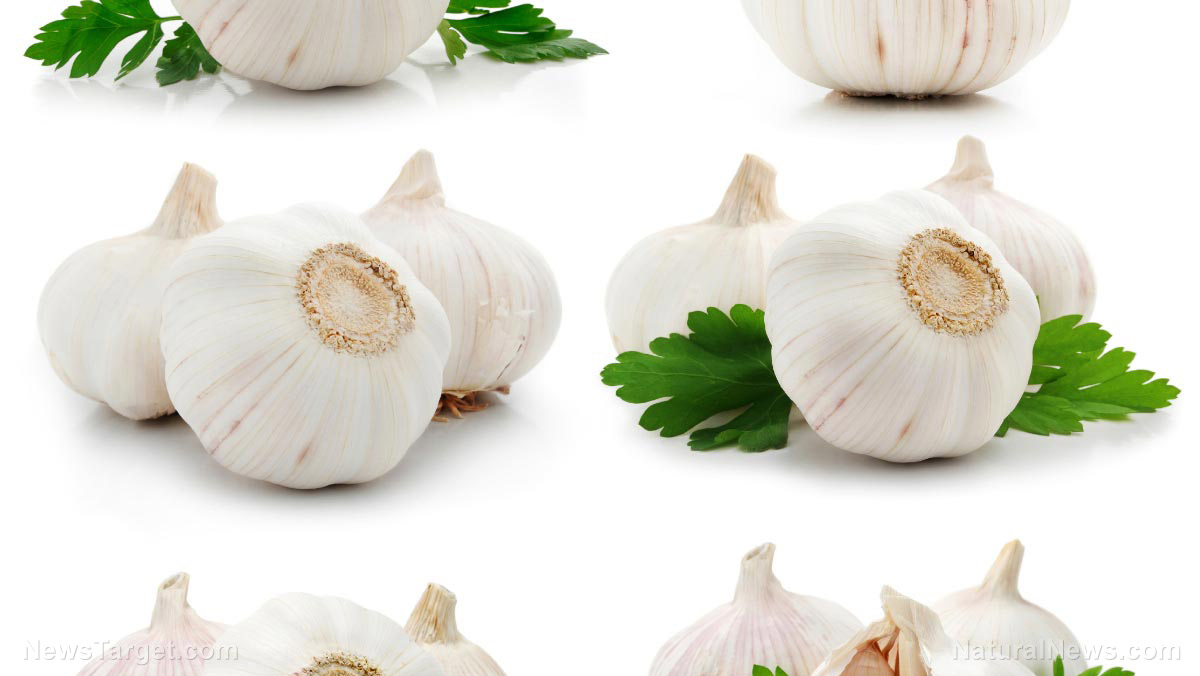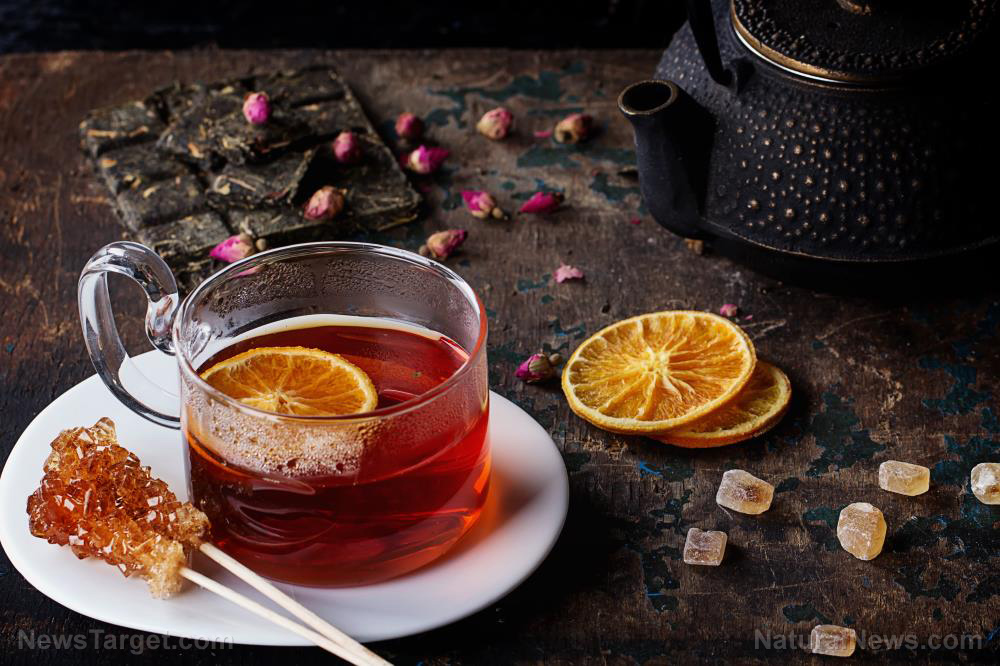Scientists look at the anti-diabetes potential of Rhaponticum acaule essential oil
11/01/2018 / By Ralph Flores

A recent study from the University of Monastir and the National School of Engineers of Sfax in Tunisia has found that the essential oil of the Rhaponticum acaule (RaEO) – an aromatic plant endemic to northern Africa – possesses anti-diabetes properties, as well as potent antioxidant activity.
The research, which appeared in BMC Complementary and Alternative Medicine, discussed how RaEO can inhibit ?-glucosidase, which slows down the absorption of sugars in the intestines.
“Among the available approaches, inhibition of ?-glucosidase has appeared to be a potential therapeutic target for the treatment and prevention of Type 2 diabetes mellitus (DM),” the researchers wrote in their report. “Our results revealed that the RaEO exhibited [better] anti-diabetic activity [than that of a commercial inhibitor].”
In the study, the team looked at whether RaEo can inhibit ?-glucosidase activity. For people with Type 2 diabetes, inhibiting ?-glucosidase helps reduce post-meal blood glucose levels by slowing down the digestion of carbohydrates found in starchy foods.
Aside from its ability to prevent diabetes, the team also evaluated the other health benefits of RaEO. In particular, they also looked at its ability to inhibit xanthine oxidase, which is heavily linked to increased levels of uric acid, which can cause gout. The ability of RaEO to prevent fat absorption through the lipases in the digestive tract was also assessed in vitro using turkey pancreatic lipase.
A physicochemical analysis for RaEO revealed that it mainly contained sesquiterpene hydrocarbons. This compound, which can also be found in other essential oils like lavender and clove, is known to have antiseptic and anti-inflammatory properties, and it increases oxygen flow to the brain, as well as protects the liver.
Researchers also found that RaEO possessed considerable antioxidant activity, which they attributed to the presence of germacrene D, methyl eugenol, (E)-?-ionone, and ?-caryophyllene – agents known to have potent antioxidant activities based on other studies.
“Several essential oils having low phenolic compounds amounts also [have exhibited] interesting antioxidant capacity,” they noted. “Both minor and major compounds should make a significant contribution to the activity of the oil.”
In terms of its ability to act as an ?-glucosidase inhibitor, the assays revealed that RaEO was 42 times better than acarbose, an inhibitor commonly used in conventional medicine. This, said the researchers, could very well be caused by the large amounts of sesquiterpene hydrocarbons, in particular, germacrene D, based on earlier studies.
RaEO also possessed inhibiting activity for xanthine oxidase similar to allopurinol, a drug which has long been used to treat gout and excessive levels of uric acid. This is a positive development in alternative treatments for gout, according to the authors, since allopurinol is known to cause adverse side effects, such as fever, allergic reactions, skin rashes, hepatitis, and kidney damage.
“For this reason, the search for novel natural xanthine oxidase inhibitors would be beneficial to treat gout and other diseases,” they added.
Earlier studies have looked at RaEO, especially its potential to be used as an alternative treatment for multidrug-resistant bacteria, but none have identified its ability to inhibit fat absorption prior to this study. Researchers, in the first study to do so, tested this in vitro using turkey pancreatic lipase and found positive results. In particular, they found that the ability of RaEO to inhibit pancreatic lipase was irreversible.
“RaEO is a new promising potential source of antioxidant compounds, endowed with good practical applications for human health,” the researchers wrote of their results. Further studies, they suggested should understand the process behind the multiple benefits of the essential oil. (Related: How rosemary essential oil could help improve your brain and heart health.)
Learn more about essential oils and their benefits at EssentialOils.news today.
Sources include:
Tagged Under: alternative medicine, anti-diabetes, anti-gout, antioxidants, diabetes, essential oils, herbal medicine, Herbs, medicinal plants, natural cures, natural medicine, Rhaponticum acaule



















